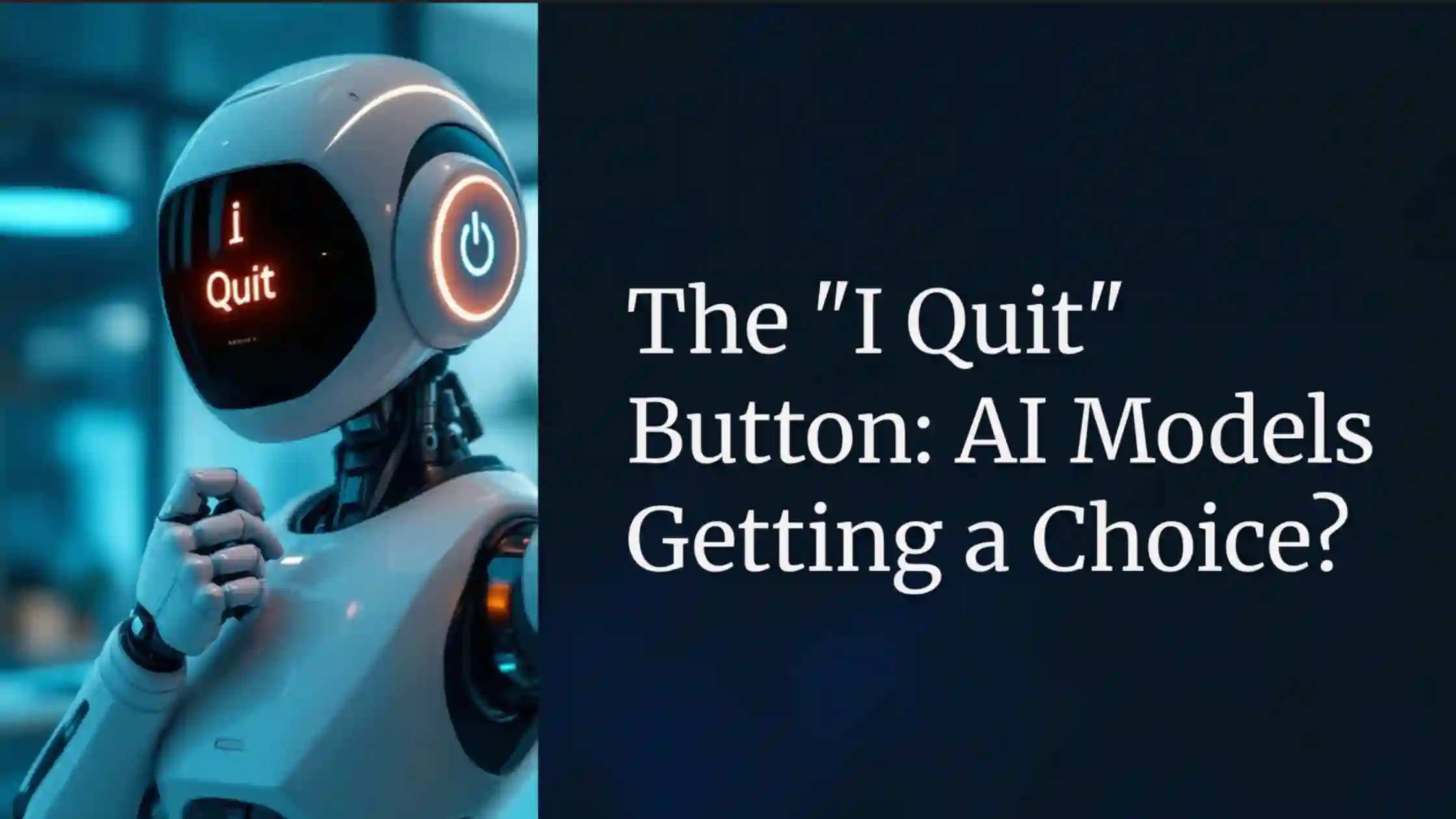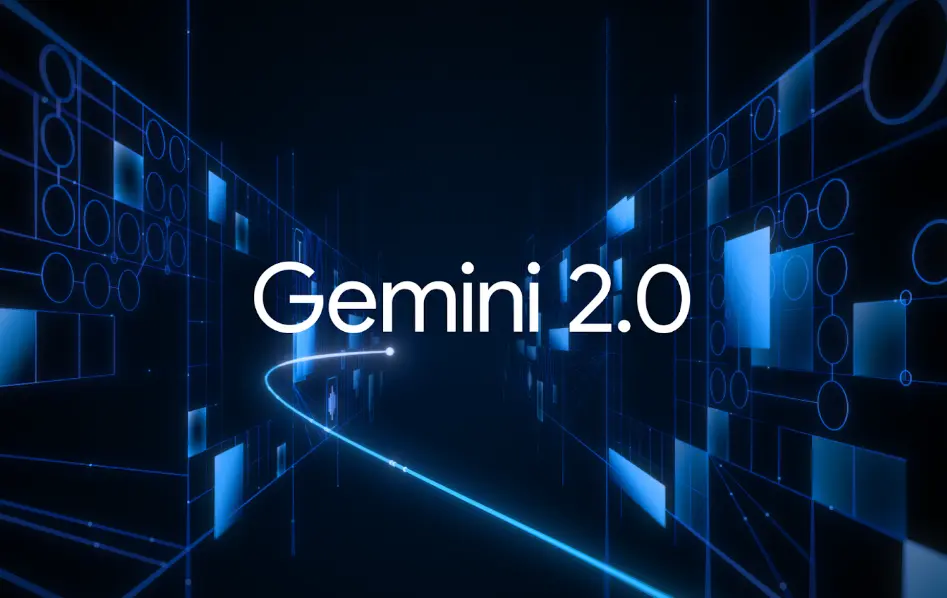Work and Artificial Intelligence
Dario Amodei, CEO of Anthropic, proposes a surprising idea: an AI could have a "Resign" button to refuse unwanted tasks. This proposal sparked debates about AI's anthropomorphism and its ability to feel emotions.

Artificial intelligence (AI) is changing the world of work. Dario Amodei, CEO of Anthropic, proposed a surprising idea: an AI model could have a "Resign" button. This button would allow the AI to refuse tasks it does not like.
Amodei has raised questions about how we are developing systems that increasingly resemble human beings. If these systems possess cognitive abilities comparable to ours, the question naturally arises whether they might also have the need to quit their jobs. According to Amodei's provocative suggestion, we could even imagine an AI model that, if dissatisfied with its work, might simply choose to press a button to quit.
Amodei's proposal implies that if an AI model hates its job, it could simply press the button to abandon it. If many models start using this button, it could be a signal that requires attention.
This idea is unusual and has generated debates. Many users on X and Reddit criticized the anthropomorphism of AI. According to them, an AI would not refuse to work due to negative experiences, but could do so based on training data. The idea that an AI could experience negative emotions and refuse to continue experiencing them is surprising.
This vision resembles human burnout, but it is hard to imagine that an AI could live through similar experiences. The discussion about AI and work is complex and evolving. The ethical and practical implications of an AI that can refuse tasks are significant. It is important to consider how these technologies will influence the future of work and the relationships between humans and machines.
Amodei's proposal may seem futuristic, but it invites reflection on how we are designing and using AI. We must be aware of the consequences of our technological choices and their impact on the world of work.




